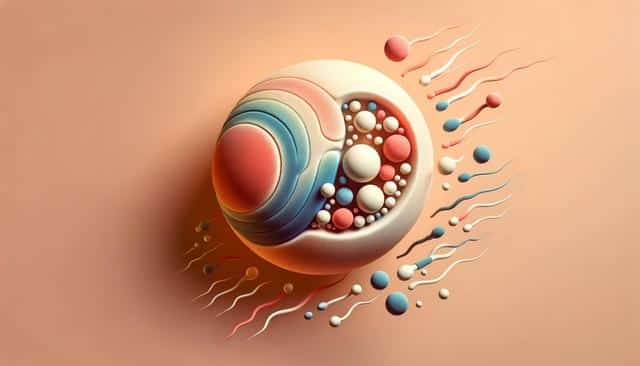The Process of Sperm Donation
Sperm donation is a well-structured medical process designed to facilitate conception for individuals and couples who face challenges with natural methods. The procedure begins with an extensive screening of potential donors. This screening process is crucial as it ensures that donors are healthy and free from genetic disorders that could be passed on to the offspring. Potential donors undergo a series of medical evaluations, including physical examinations and comprehensive family medical histories. These steps are essential to maintain the integrity and success of sperm donation.
Benefits for Recipients
For many individuals and couples, sperm donation offers a pathway to parenthood when other methods are not viable. This option can be particularly beneficial for those experiencing infertility issues or for single individuals and same-sex couples who wish to start a family. The process provides hope and a tangible opportunity to fulfill the dream of having children. Recipients can benefit from the anonymity and confidentiality that sperm donation services uphold, which is crucial for privacy and peace of mind. The emotional and psychological support provided by clinics ensures that recipients feel confident and secure in their decision.
Confidentiality and Anonymity
Confidentiality is a cornerstone of the sperm donation process, ensuring that both donors and recipients are protected. Donors have the option to remain anonymous or choose to be identifiable, depending on the regulations of the sperm bank or clinic. This flexibility allows donors to decide the level of involvement they wish to have in the future. For recipients, the assurance of confidentiality means that their privacy is respected throughout the process. Identifying details are carefully managed, ensuring that all parties can engage with the process without concerns about privacy violations.
The Role of Donors
Becoming a sperm donor is a significant decision that allows individuals to contribute to the process of family-building for others. Donors have the opportunity to make a profound impact on the lives of recipients by providing the means to conceive. The motivation for donors can vary, from altruistic reasons to understanding the scientific aspect of genetic contribution. Donors are often motivated by the ability to help others while gaining insights into their own health and genetics through the screening process. The role of the donor is not just about donation but about participating in a process that brings joy and fulfillment to others.
Legal and Ethical Considerations
The legal and ethical landscape of sperm donation is carefully regulated to protect all parties involved. Laws vary by region, but generally, they are designed to ensure ethical compliance and protect the rights of donors, recipients, and resulting offspring. Key considerations include the rights to anonymity, consent, and the legal responsibilities of donors. Ethical considerations also encompass the welfare of the child, ensuring that the process leads to a healthy and supportive family environment. By adhering to these legal and ethical standards, sperm donation services maintain trust and integrity in their operations.
Conclusion
Sperm donation stands as a vital option for many seeking to build families, offering hope and viable solutions to those unable to conceive naturally. Through rigorous health screenings and a commitment to confidentiality, both donors and recipients can engage confidently in the process. As society continues to evolve, sperm donation provides a meaningful and impactful way for individuals to contribute to the creation of new life, while adhering to legal and ethical standards that ensure the well-being and privacy of everyone involved.
